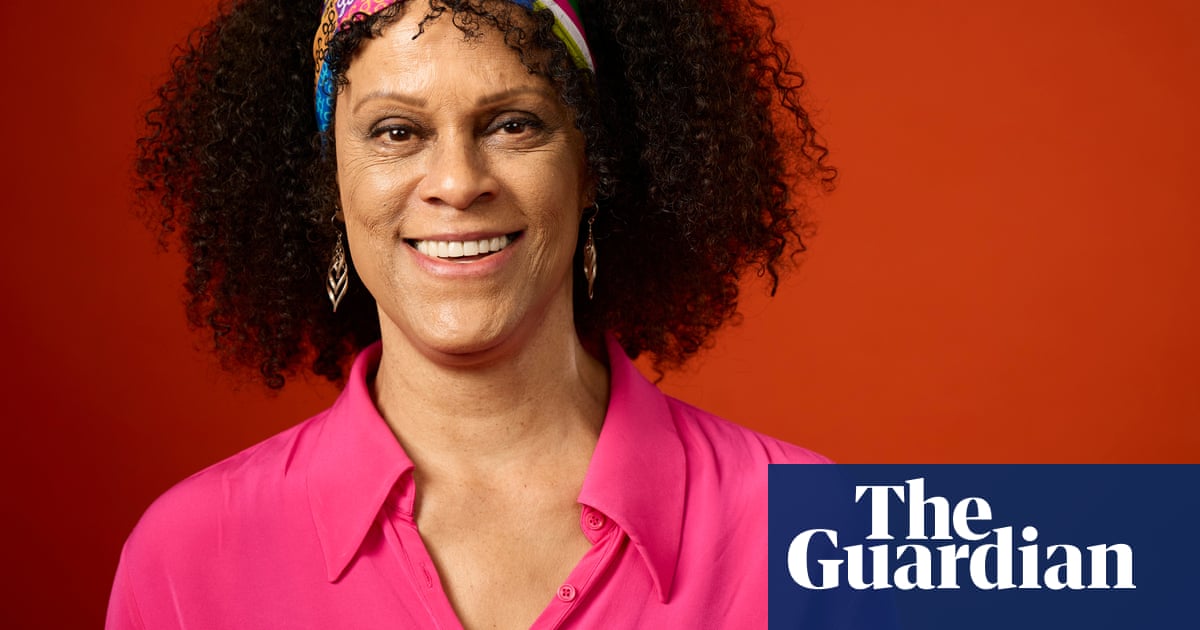Bernardine Evaristo is to receive £100,000 after being announced as the winner of the Women’s prize outstanding contribution award, a one-off prize to celebrate the 30th anniversary of the Women’s prize for fiction.
The author of Girl, Woman, Other and Mr Loverman has been rewarded for her entire body of work, as well as her “transformative impact on literature and her unwavering dedication to uplifting under-represented voices across the cultural landscape”.
The Booker-winning writer co-founded Britain’s first black women’s theatre company more than 40 years ago, and has published acclaimed writing across multiple genres. In 2022 she was elected president of the Royal Society of Literature, becoming the first writer of colour and only the second woman to hold the position.
Throughout her career, Evaristo has launched several successful writing schemes designed to support female writers and under-represented writers of colour, most recently launching theRSL Scriptorium awards, which give 10 writers a year the opportunity to use her Kent cottage for a writing retreat.
“I am completely overwhelmed and overjoyed to receive this unique award,” Evaristo said. “Over the last three decades, I have witnessed with great admiration and respect how the Women’s prize for fiction has so bravely and brilliantly championed and developed women’s writing, always from an inclusive stance.”
She said the prize money was “an unexpected blessing in my life” and “it seems fitting that I spend this substantial sum supporting other women writers”. Details on how she will do that will follow, she said.
Funded by Bukhman Philanthropies, the prize is designed to reflect the founding principles of the Women’s prize for fiction, “to celebrate and amplify women’s voices; to open the pathways into writing as a viable career choice for women from all backgrounds; and to shine a spotlight on exceptional, original books for readers to discover and enjoy.”
As well as the prize money, Evaristo will receive a sculpture named Thoughtful by the artist Caroline Russell, to be awarded on 12 June when the winners of the Women’s prizes for fiction and nonfiction will also be revealed.
The judging panel was chaired by the author and Women’s prize founder Kate Mosse, who was joined by a selection of former Women’s prize for fiction judges: the academic and writer Gillian Beer; the writer and activist Scarlett Curtis; the playwright and author Bonnie Greer; and the broadcaster Vick Hope. To be eligible for the prize, authors had to have published at least five books and been previously longlisted for the Women’s prize for fiction.
Sign up toBookmarks
Discover new books and learn more about your favourite authors with our expert reviews, interviews and news stories. Literary delights delivered direct to you
after newsletter promotion
Mosse said Evaristo’s “beautiful, ambitious and inventive body of work” as well as her “dazzling skill and imagination” made her “the ideal recipient” of the one-off award.
“Significantly, Evaristo has consistently used her own magnificent achievements and exceptional talent as a springboard to create opportunities for others, to promote unheard and under-heard women’s voices and to ensure that every female writer feels she has a conduit for her talent,” she said.
